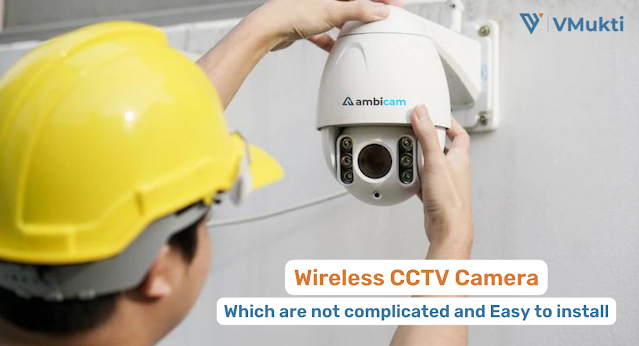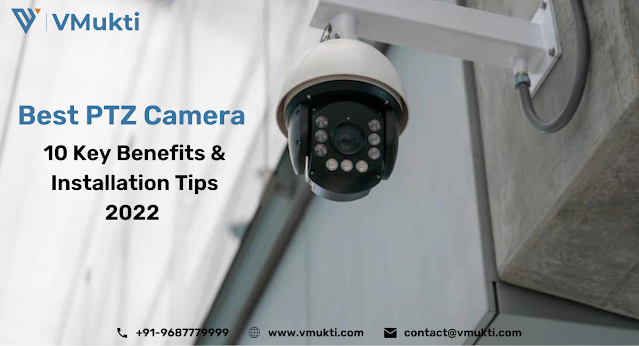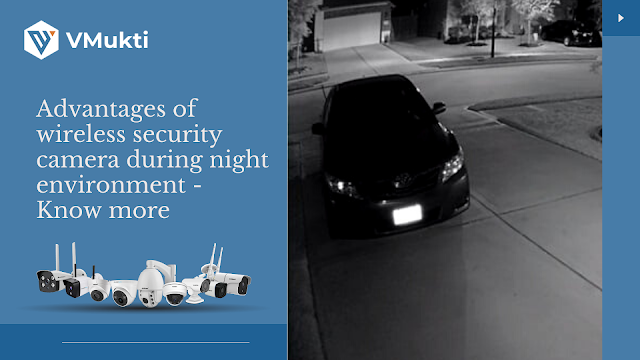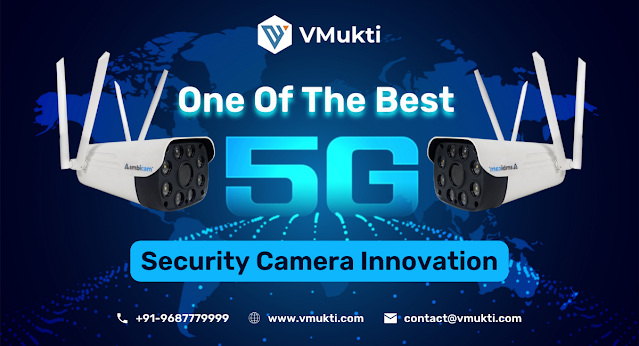Wireless CCTV Camera- Which are not complicated and Easy to install
Wireless CCTV Camera has become a need for everyone in our
busy world with a rapidly increasing crime rate. A good quality camera, whether
for your home or office, will undoubtedly assist you in a variety of ways.
Furthermore, installing a high-quality CCTV security camera system is a
one-time investment that will benefit you for years.
Installing
Wireless CCTV Cameras: The Top 6 Things to Consider
Wireless CCTV Cameras installation is more frequent in companies and shops, however home CCTV installations have increased in recent years. People still seek assistance on how to install CCTV cameras, despite their popularity. In any event, we always advise against attempting a DIY project. While installing a security camera system on your own is possible, it is time-consuming. More significantly, you're more likely to make mistakes during a CCTV installation, resulting in inadequate coverage, storage, and control. Hiring pros will solve these issues and ensure that you have the greatest possible setup for your needs.
When you employ a competent CCTV installation professional,
there are still certain things to consider. We've compiled a list of some of
the most basic yet critical factors to
consider when installing CCTV cameras in your home or company.
- Protection
You'll have to figure out which parts are the most vulnerable and require protection. The CCTV installation company will dispatch an analyst to assist in determining the greatest potential position for mounting cameras in order to get optimal coverage. You may also tell the professional whether you want the camera to focus on a specific region. - Different kinds of CCTV cameras
Nowadays, Wireless CCTV Camera is the most widely utilised. They do away with the necessity for cables. Furthermore, these cameras are simple to operate. However, not all CCTV cameras are created equal. Traditional directional cameras, often known as bullet cameras, are stationary and only point in one direction. Dome cameras, on the other hand, are typically found in malls and business offices and provide 360-degree coverage. Cameras should be chosen based on the amount of coverage and quality that they can provide. - Geographical Locations
This topic is related to the prior discussion about coverage. You should not overlook any areas that could be vulnerable. This also entails the use of several camera types depending on the location. A camera installed outside your garage door will not be the same as one installed inside. Which brings us to the next point: indoor coverage should not be overlooked. Thieves and robbers are getting better at dodging outdoor cameras, and masked attackers can even beat whole area coverage. The interior camera is something these criminals do not anticipate. Installing a low-light dome camera indoors can save you a lot of time and money in the long run. - Legality and Declaration
You are required by law to inform people that they are being recorded. This is particularly crucial in public spaces such as a store or an office. In both circumstances, signage indicating the presence of surveillance cameras will suffice. Any workers that come to your home for a home CCTV installation must be informed. You must inform your maid (or visitors outside the door) verbally if you want to monitor them. It's also worth noting that installing CCTV cameras in private locations like restrooms is strictly prohibited. For such an infraction, you may face jail time. - Authorizations
Depending on where you plan to install CCTV, you may need to obtain official clearance from the appropriate authorities. It is a kind of courtesy even when it is not legally obligatory. If you install CCTV cameras outside your home or business, they are likely to cover a section of your neighbor's property. If they are uncomfortable, let them know and modify the angle. Before installing, most residential colonies demand that you notify the local civic society or body (e.g. RWA). In most apartment buildings, approval is also required for home CCTV installation. - Technical Considerations
You'll have to research certain technical aspects of your security system. To begin, make sure your cameras can record HD video. Consider the additional equipment you'll require. The majority of CCTV installations come with recording and storage hardware. Some additionally provide cloud storage, which means that the captured video is saved online. Local storage, like on a computer or laptop, is done on a hard disc. The difference between a camera system's hard drive and your laptop's hard disc is that the camera on your hard disc has a larger capacity and can function continuously for much longer. They must, however, be replaced on a regular basis.
Conclusion:
A Wireless CCTV Camera is no longer a luxury; it is now a must for both households and businesses. Furthermore, because it allows for remote monitoring, it is increasingly commonly found in barns, industries, isolated vacation houses, and enterprises.



